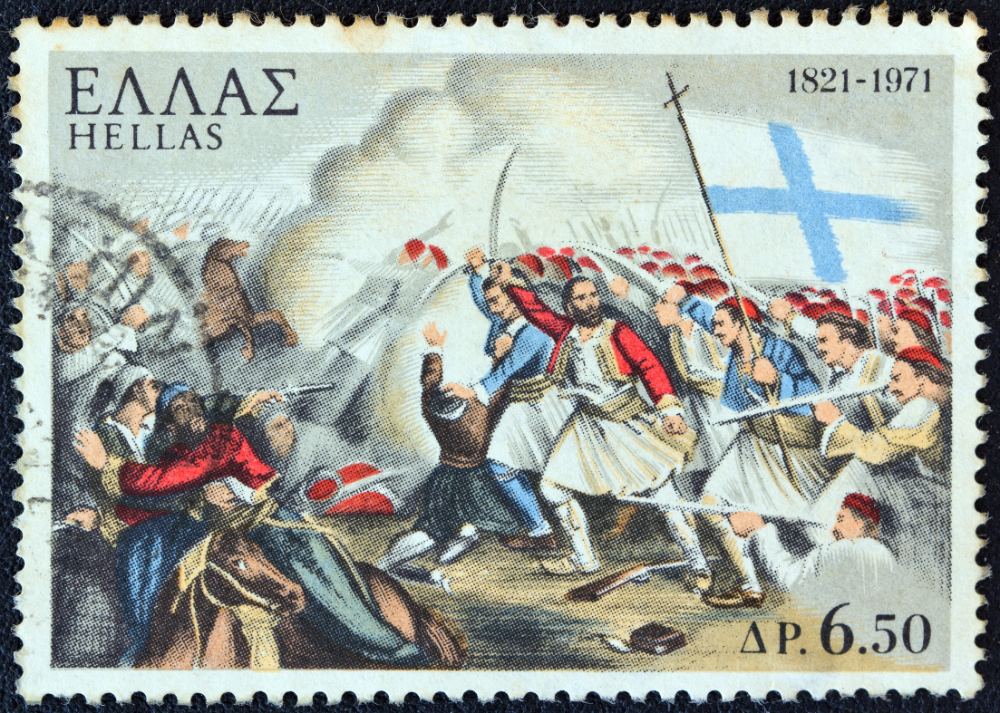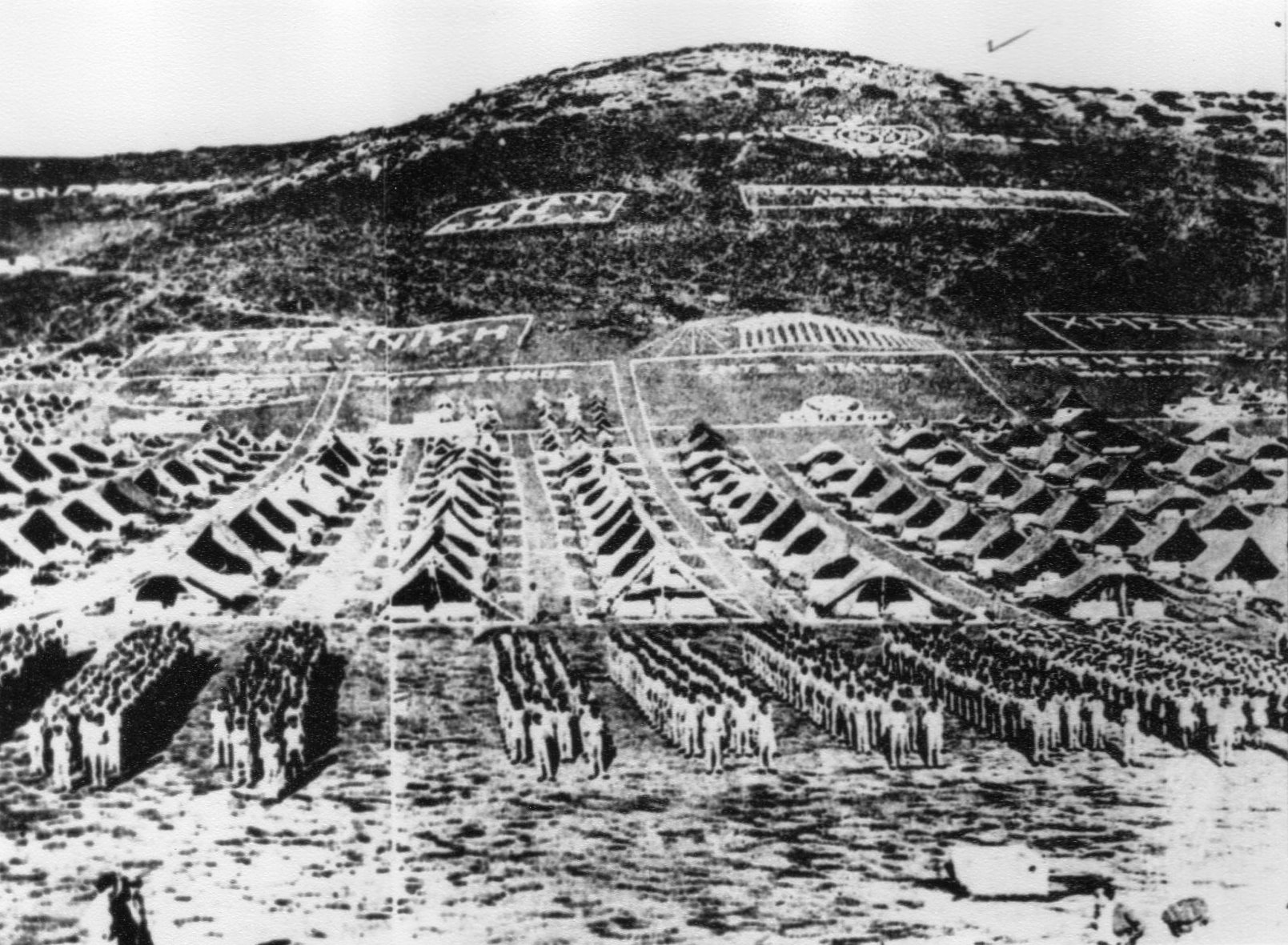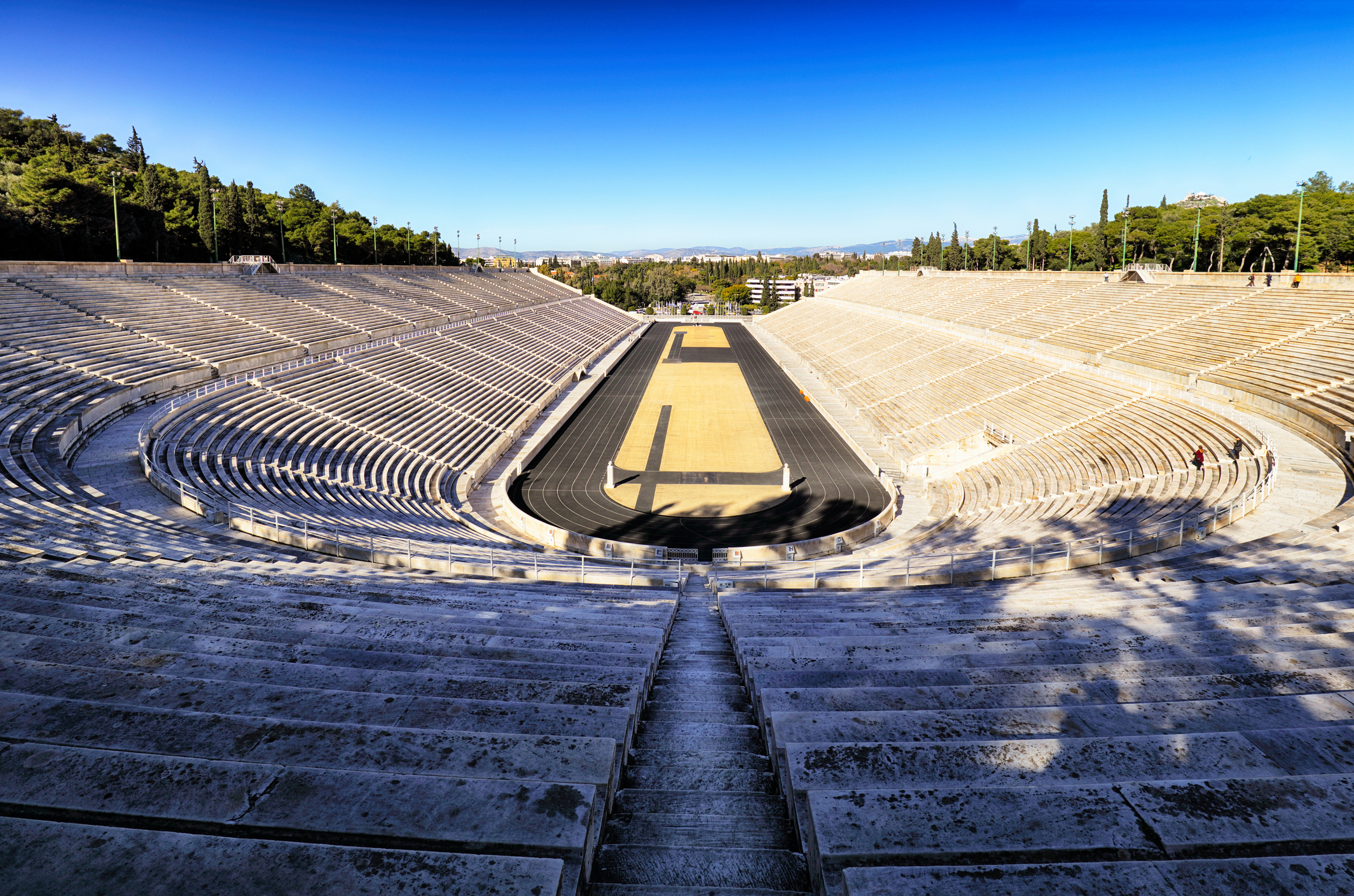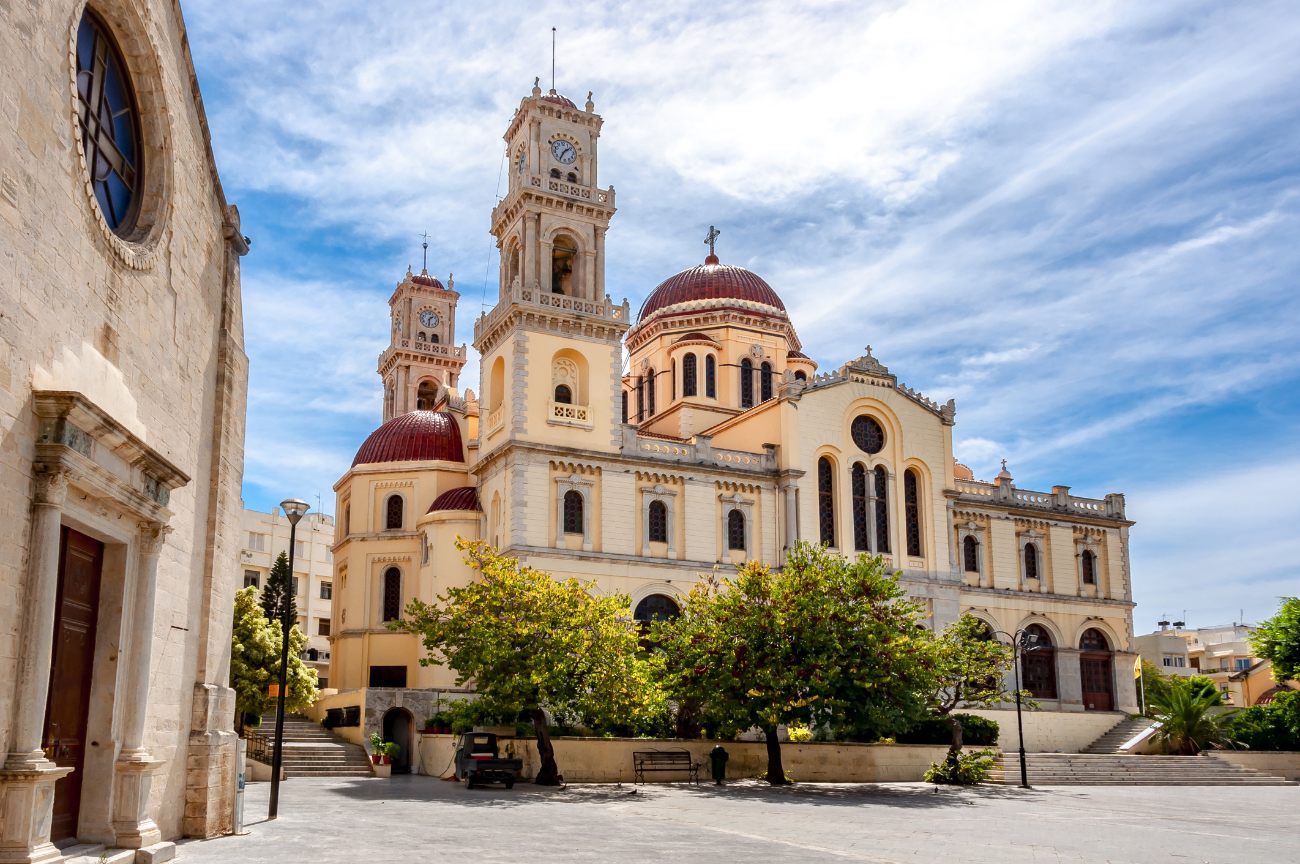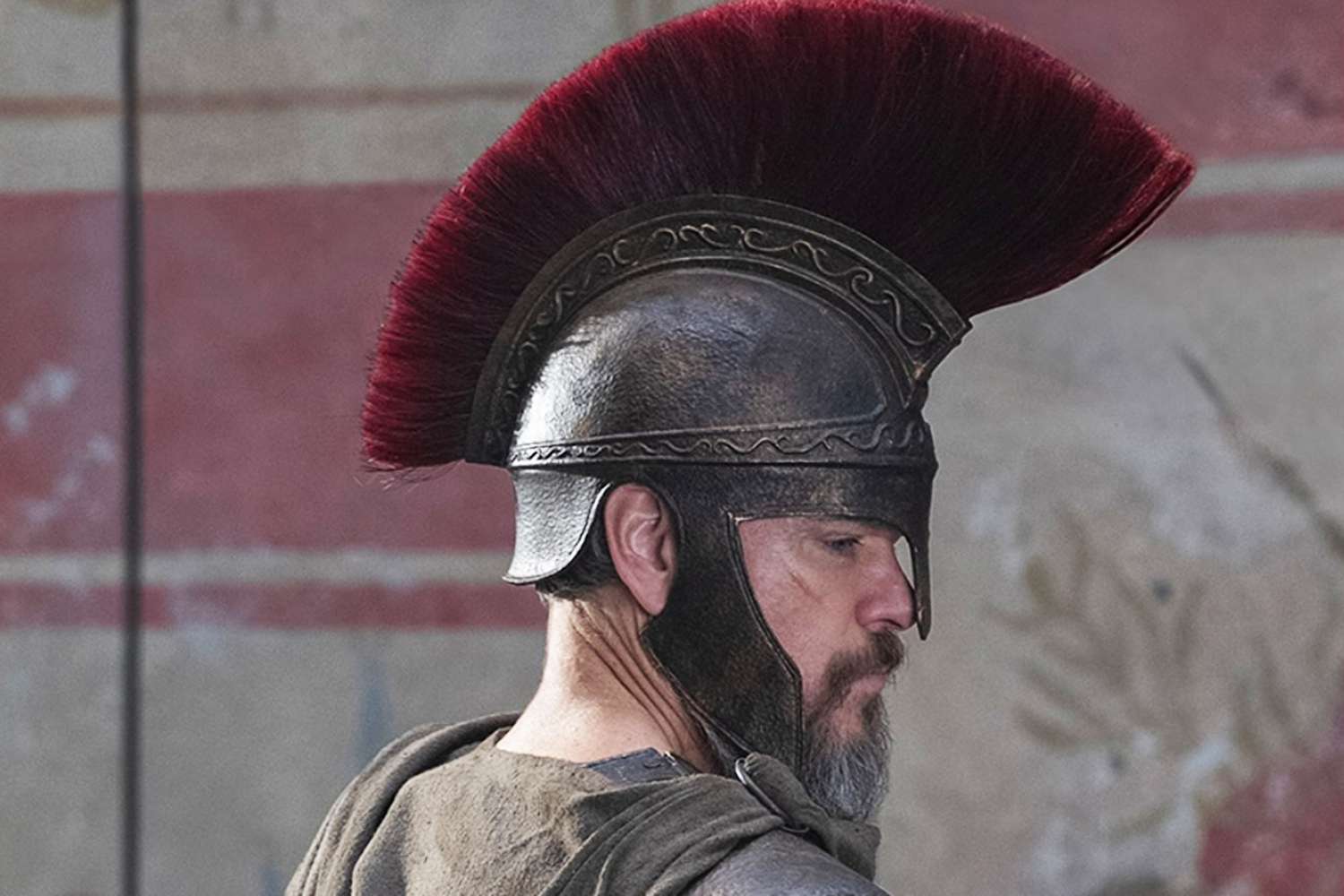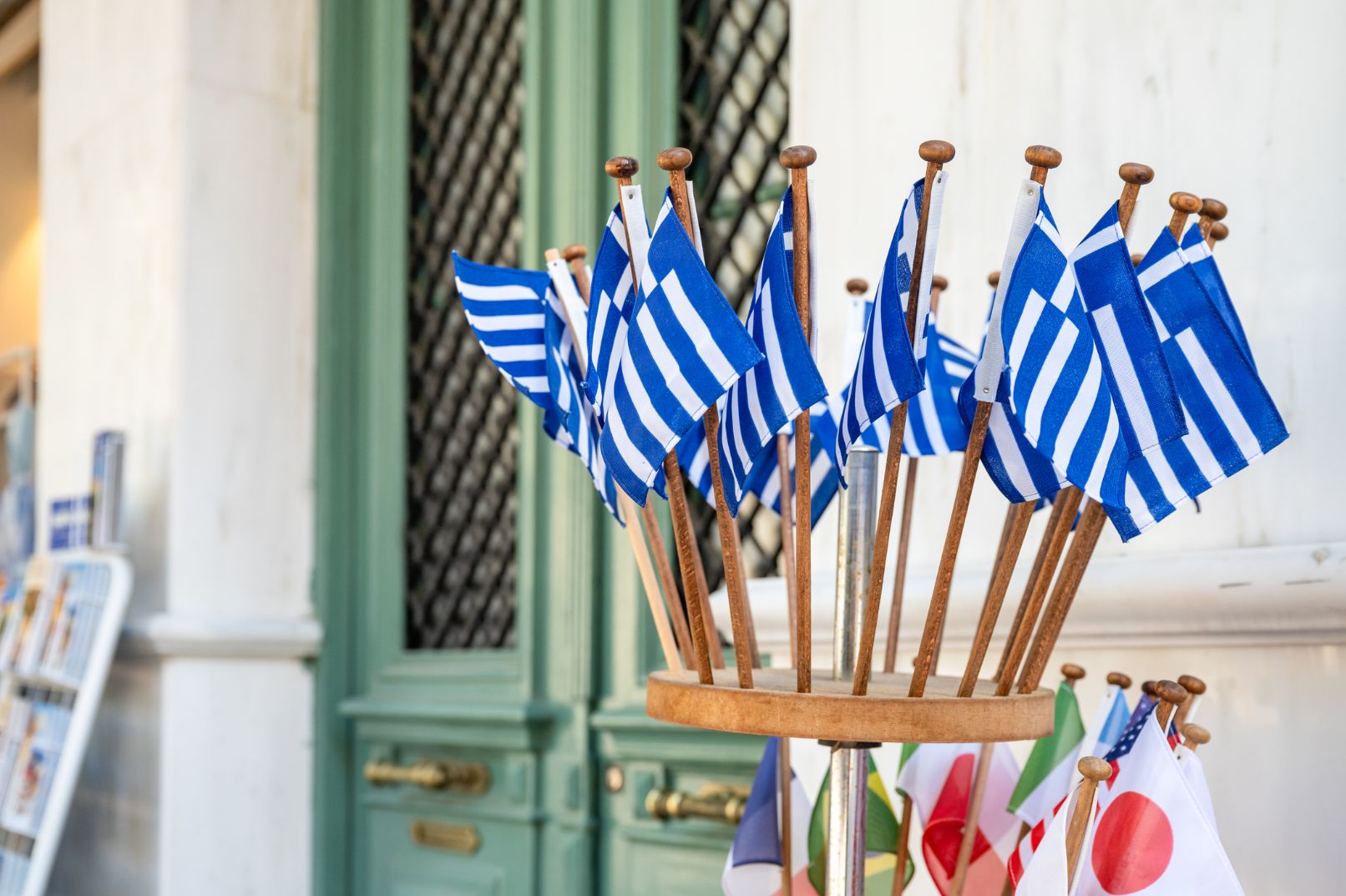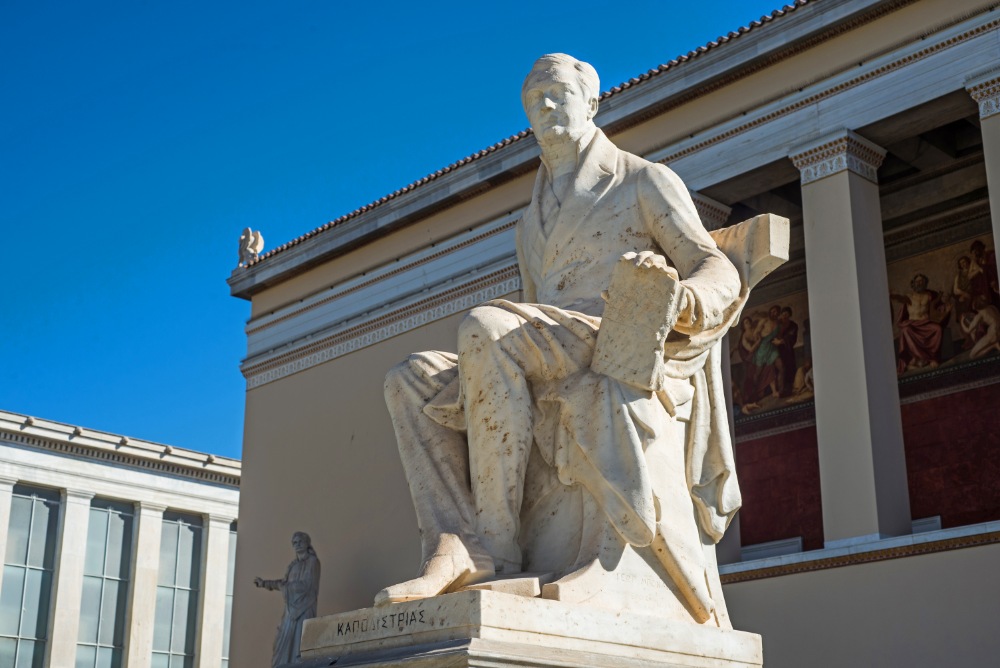The Greek Revolution of 1821 and the Fight for Independence
The Greek Revolution of 1821 was a monumental uprising aimed at achieving independence from nearly four centuries of Ottoman rule. Sparked by a growing sense of nationalism and fueled by Enlightenment ideals, the revolution began on March 25, 1821, when Bishop Germanos of Patras raised the flag of independence at the Monastery of Aghia Lavra.
As the news of the revolt spread, Greek insurgents, many of whom were former “klephts” who had resisted Ottoman authority through guerrilla warfare, joined forces to fight for their freedom. Initial successes included the capture of key cities such as Tripolitsa and Missolonghi, but the struggle was fraught with challenges, including internal divisions among the revolutionaries and a lack of resources. Despite these obstacles, the plight of the Greeks garnered sympathy and support from various European nations, notably France, Britain, and Russia, who opposed Ottoman domination. This international intervention culminated in the decisive naval Battle of Navarino in 1827, where a combined fleet of British, French, and Russian ships defeated the Ottoman navy, significantly weakening Ottoman power in the region.
Following years of intense fighting and sacrifice, the revolution led to the establishment of an independent Greek state, formally recognized by the Protocol of London in 1830. The Greek Revolution not only marked the resurgence of national identity but also laid the groundwork for modern Greece, becoming a symbol of resilience and the enduring quest for liberty and self-determination among the Greek people.

